Home maintenance advice
University Accommodation Repairs Guide
15 Aug 2023 • 10 minutes


For many students, university life is the first taste of real independence, especially if you’re moving out of the family home. It can be a learning curve to pick up the right habits and gain some life lessons that can set you up for fully-fledged adulthood.
That’s why we’ve put together a university essentials guide to give any students some helpful DIY tips to send them on their way. From reading a gas or electric meter, to knowing when to bleed a radiator – we’ve got all the student repairs tips you need!
Skip to:
We appreciate that a toolkit might not be top of every student’s list, but having a few tools to hand may be really useful in some situations.
You’ll find that most hardware stores will do a starter toolkit which will include all the essentials for university life. But ideally, you’re likely to need:
Obviously it’s not critical that you have these tools. In many cases you’ll find that student accommodation will have maintenance people or a helpful landlord for bigger jobs, but they can come in handy when you’re in need of a quick fix.
One job you’re unlikely to need any tools for at all, and a job that you’ll no doubt need to do in the future, is taking meter readings.
It’s a good idea to know how to read your meter because you can keep an eye on the energy you use and make sure your bills are accurate.
Depending on the age of the meter, you might come across different types for gas or electric. More modern styles can be controlled through an app, although this might not be the case in all student accommodation. So, we’ve put together a few simple steps to help you understand how more common meters work.
Gas meters are displayed using imperial or metric units. Imperial meters have 4 main digits and metric meters have 5 – although, both are still recorded in very similar ways.
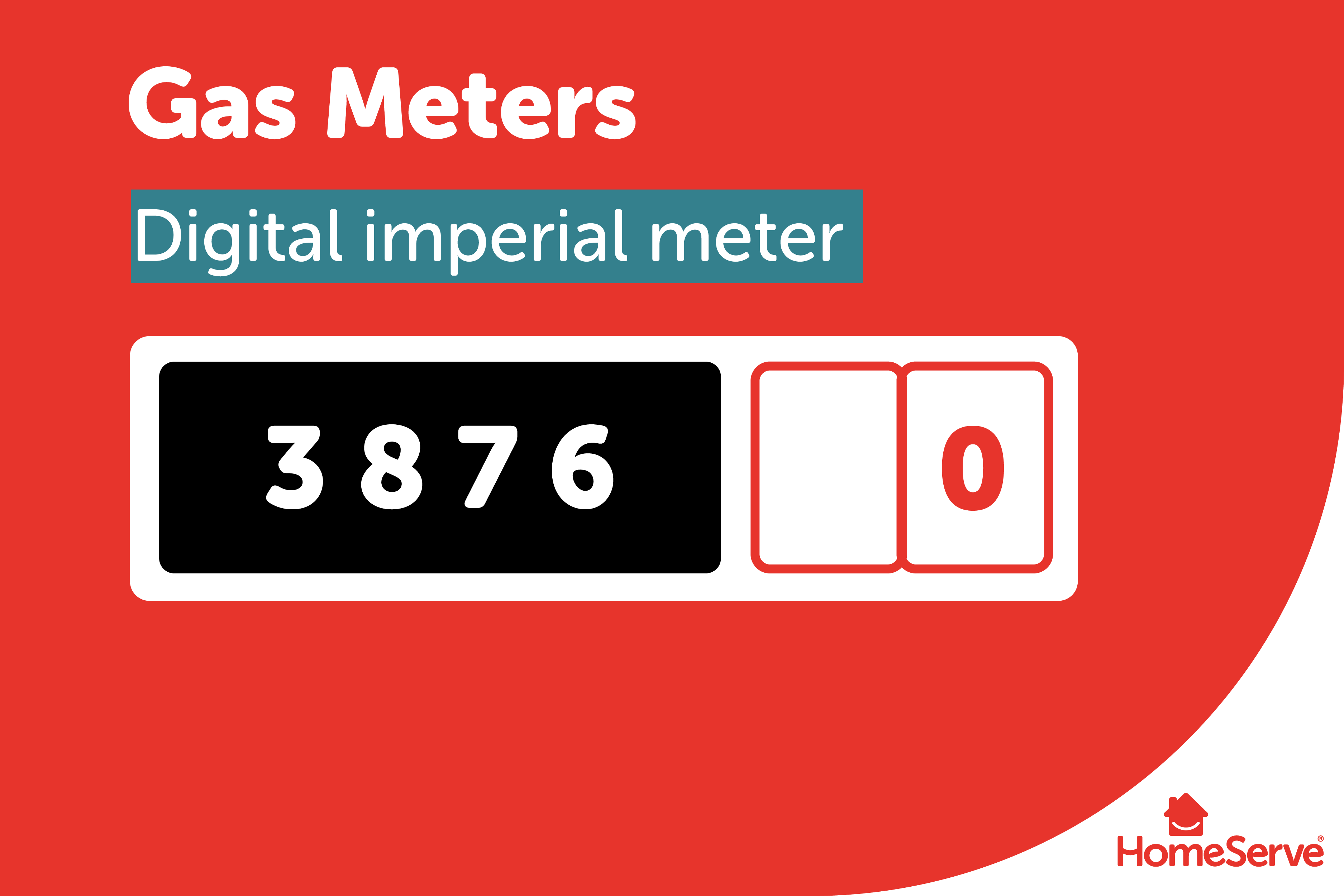
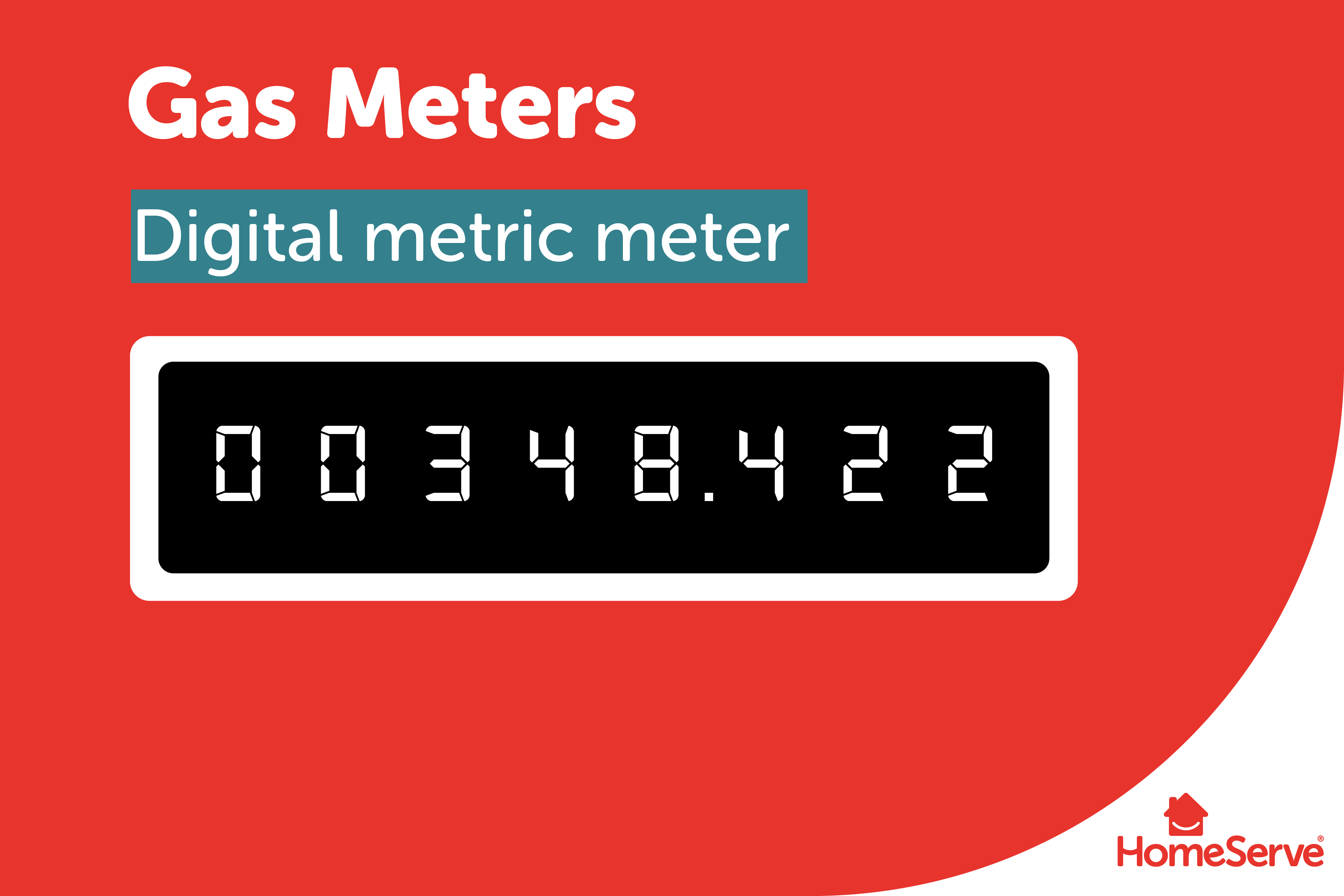
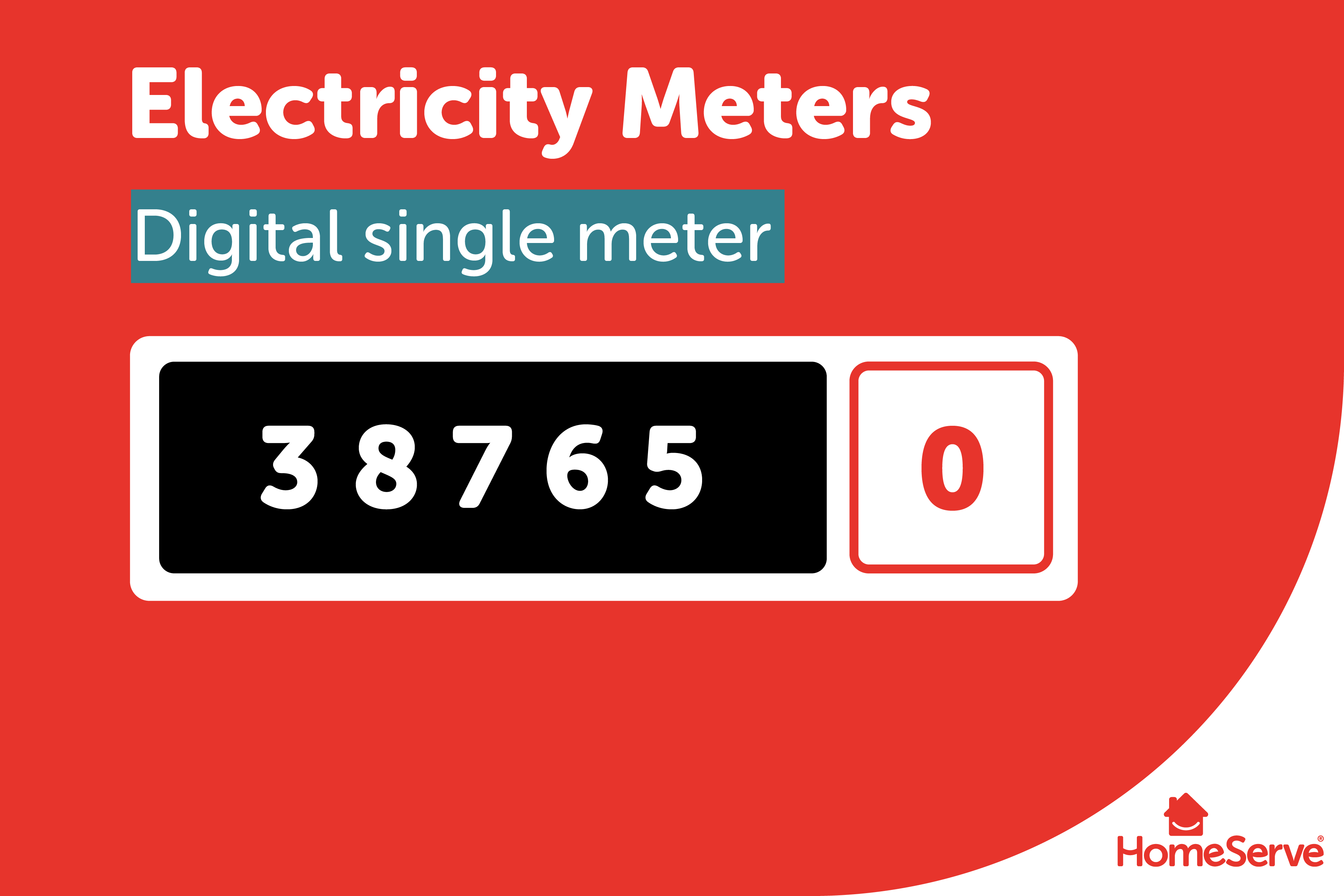
If you have a digital electricity meter it will clearly display it on the screen. Here’s how you can read it:
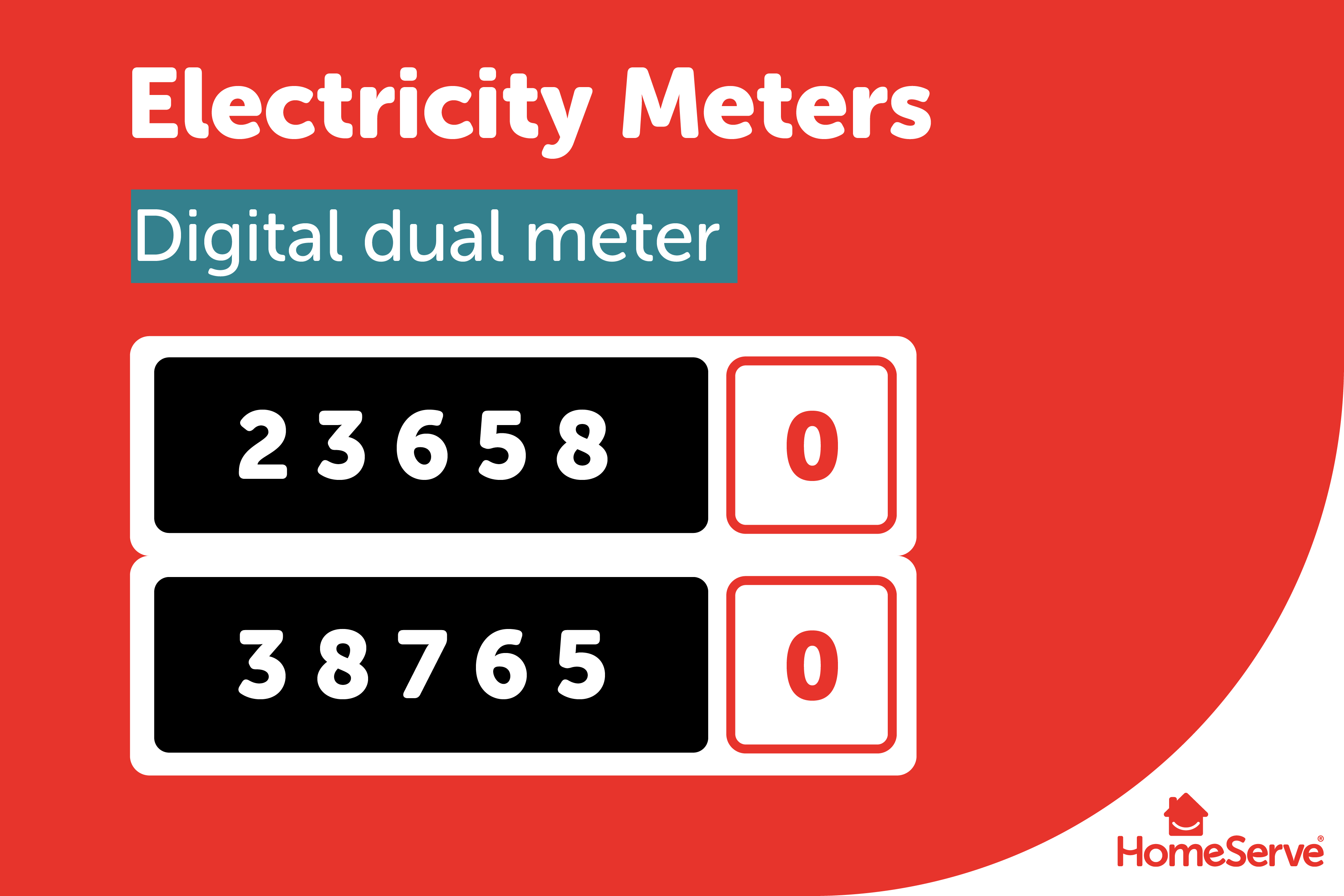
If you’ve have a Economy 7 or Domestic Economy meter, there will be two rows of numbers on your digital display:
You read your meter the same as a standard digital electricity meter.
Moving into student accommodation can be a stressful time. The last thing you need is additional worries when things don’t work like they should do.
Obviously there are some jobs that will need a qualified professional, but there are a few jobs that you can potentially do yourself.
If you’re inexperienced with DIY, even doing some of the smaller jobs can feel a bit daunting. This will usually come with a bit of practice, which is why we’ve provided some of the more “lighter touch” jobs that you’ll be able to take care of, should they crop up.
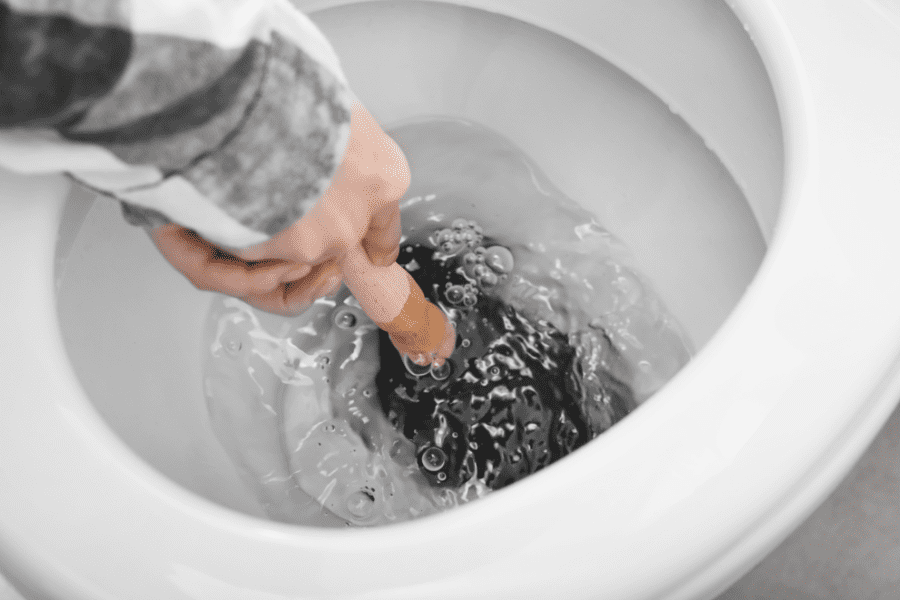
A blocked toilet isn’t uncommon, especially in a shared bathroom. The real trick is not to panic and of course, keeping clean!
As long as you have rubber gloves and a plunger (honestly, it’ll come in handy), you’ll be absolutely fine. If you don’t, then there’s also other methods you can use, including: washing up liquid, a plastic bottle, clingfilm or even a coat hanger.
Whatever your method, the idea is that you create a vacuum to release the blockage and get your toilet in full working order.
You can find out more about this in our dedicated guide to unblocking a toilet.
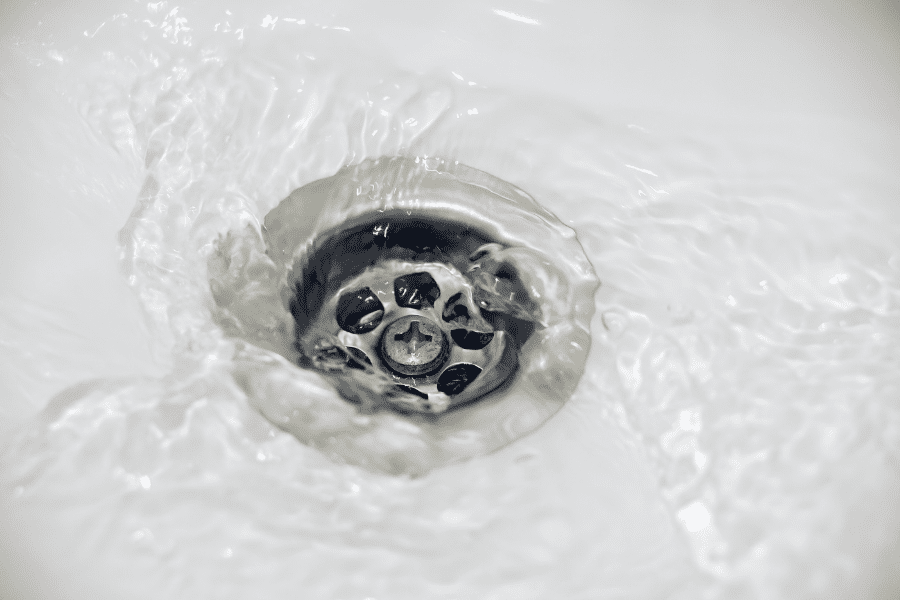
Much like a blocked loo, the shower can often get clogged and leave you in a bit of a panic if your bathroom gets covered in soapy water.
The most common problem is strands of hair getting stuck in the plug hole causing a blockage. Blockages can also occur if there’s a bit of residue or something similar that needs shifting.
In this case there’s a few things you can do. You can try using the trusty plunger, hot water or physically removing it yourself. There’s a home remedy of baking soda and vinegar, or you can always buy a chemical drain cleaner.
Either way there’s a few methods you can try, and you’ll find them all in this guide to unblocking your bath or shower.
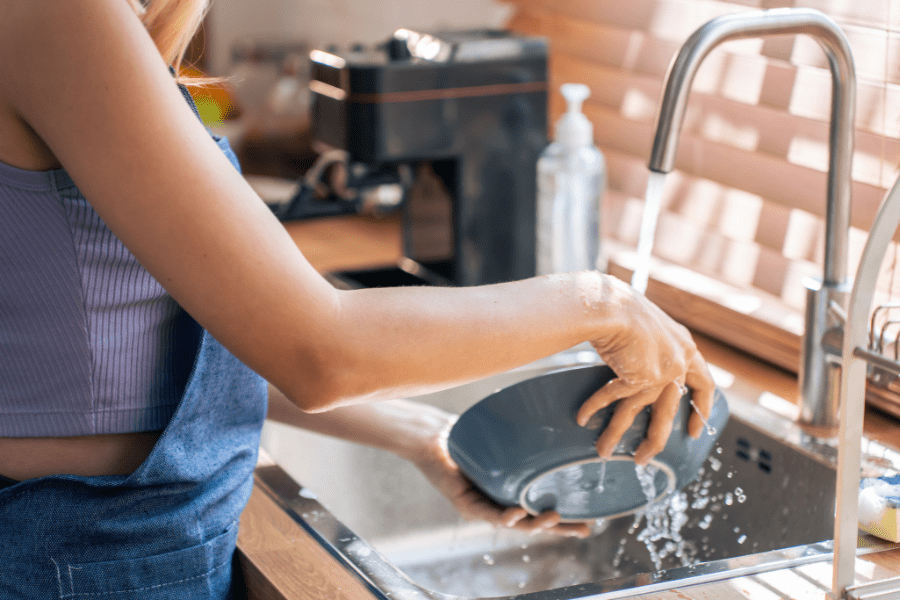
Student kitchens aren’t really known for their five star food rating, but that doesn’t mean you want it stinking the place out.
The main reason your sink will be smelling is a build up of food or a lack of water in your U-bend. This can cause smells from the drain or sewer to rise up.
There’s a few home remedies that will work like hot water, baking soda or vinegar. There’s also a number of chemical cleaners you can buy that will get rid of any wanted whiffs.
If you’ve got more of a pungent smell, you might want to read our guide in full on how to remove your kitchen sink smells.
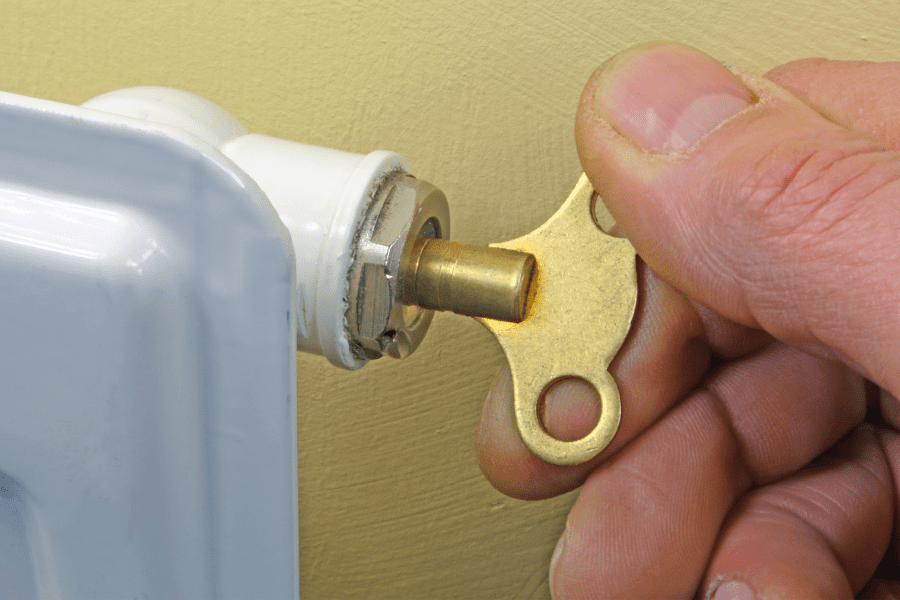
If you’ve put the heating on and you’ve found that your radiator has cold spots, then there’s a high chance that bleeding your radiator might help.
It may sound like a technical job, but it can be done easily by following these 7 simple steps:
For a full explanation or if you have any questions, you can take a look at our guide to bleeding radiators.
Like any tenancy, as a student you’re responsible for any minor repairs and generally keeping on top of the cleaning. You’re responsible for any damage that gets caused, using the fixtures and fittings properly, and of course your own belongings.
You’re also responsible for letting your landlord know of any repairs that need doing and allowing access to the property for any work to go ahead.
Your landlord is responsible for most repair work because the law, section 11 of the Landlord and Tenant Act 1985, implies a term on repairs into every tenancy agreement even if the agreement is not in writing.
It means that your landlord is responsible for repairing:
Your landlord also has specific responsibilities for gas and electrical safety, furnishings and asbestos, which should be explained within your tenancy agreement.
Your landlord or agent should refund your security deposit in full at the end of your tenancy unless they have a reason to make deductions.
The main things to look out for are:
Wear and tear means unavoidable change in a property over time. It is caused by normal everyday living and is not the fault of the tenant. For example:
Top tip: It’s a good idea to take pictures of any damage or problems that exist when you move in. This way you can raise them with your landlord to get fixed, or you’ll have proof that they were there when you moved in when it comes to the end of your tenancy.
Here at HomeServe we’re all about looking after the home, so if you know a student heading off to uni this year, why not give this article a share over WhatsApp, on Facebook or via Twitter? It could save them from a smelly sink, or even worse, a blocked bog disaster!
Our help & advice articles cover Plumbing, Home heating, Electrical, Energy-saving and Home maintenance.